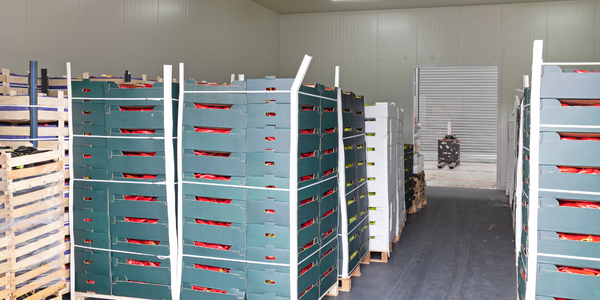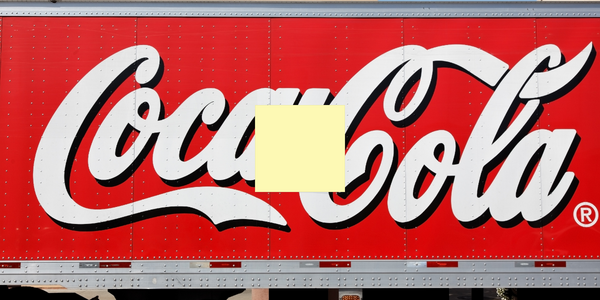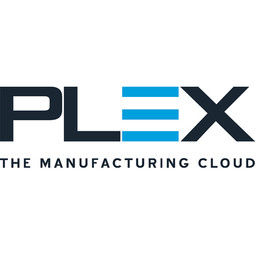公司规模
Mid-size Company
地区
- America
国家
- United States
产品
- Plex
技术栈
- Cloud ERP
实施规模
- Enterprise-wide Deployment
影响指标
- Productivity Improvements
- Cost Savings
- Customer Satisfaction
技术
- 功能应用 - 企业资源规划系统 (ERP)
适用行业
- 食品与饮料
适用功能
- 质量保证
- 商业运营
用例
- 库存管理
- 过程控制与优化
服务
- 云规划/设计/实施服务
- 系统集成
关于客户
Shank’s Extracts is a premier supplier of vanilla extracts, other extracts, natural and artificial flavors, food colors, syrups, and sauces. The company is based in Lancaster, Pennsylvania, and its quality products are widely distributed to industrial, private label, and grocery customers worldwide. As a private-label manufacturer, Shank’s Extracts faces complex supply chain, production, and quality challenges. The company has about 2,400 active formulas for its vanilla and other extracts with 3,300 SKUs for finished goods. Shank’s Extracts is committed to focusing on quality and on-time delivery, which is crucial for meeting customer demand. The company has subsidiaries in different states, which adds to the complexity of its operations. Shank’s Extracts values its employees and aims to provide them with the tools and systems necessary to perform their tasks efficiently and effectively.
挑战
Private-label manufacturer Shank’s Extracts was growing increasingly frustrated with its ineffective legacy ERP system. Inventory was hard to locate, and it was difficult to know what or how much was on hand to fulfill orders. Quality certifications still required manual document gathering and lengthy prep cycles, especially given critical data was locked in separate systems and difficult to compile. The Shank’s team knew it was time to find a solution that eliminated heavy IT infrastructure and hardware investments. They wanted something modern, something cloud-based and something that would positively impact their business. As a private label manufacturer, Shank’s Extracts faces complex supply chain, production, and quality challenges. There are many moving parts across several products that all have to work in concert with each other in order to meet customer demand. The company currently has about 2,400 active formulas for its vanilla and other extracts with 3,300 SKUs for finished goods—and growing. Focusing on quality and on-time delivery is an all-encompassing endeavor, which is why Shank’s decided to move from its legacy ERP system to cloud ERP. Two of the company’s subsidiaries are in different states and an on-premise solution just couldn’t provide the kind of access Shank’s needed.
解决方案
Moving to the Manufacturing Cloud was a strategic decision for Shank’s Extracts. Though some employees were used to having an ERP system and data on site, the team set out to find a cloud-based system. The benefits offered by the cloud—accessibility, no major IT hardware investments, no recurring maintenance costs, and always-current ERP—outweighed any concerns in the end. After seeing Plex in action, the team knew it found a solution that would meet its needs. The other critical factor that contributed to Shank’s decision was Plex’s origin on the shop floor. Before Plex, jobs were entered into the system after the fact so getting an accurate read on what was happening in production proved difficult. Shank’s soon realized the decision-making power in capturing data from the shop floor with Plex. Now, Shank’s has detailed information on dates for raw materials received, inventory on hand, and the exact location for inventory in its facility. Additionally, the company can accurately look at direct material usage for cost of goods and details into rejects and scrap factors to determine if the company is losing materials in the production process, and why, so operators can take immediate corrective action. Quality is one of the key areas where Shank’s seeks to differentiate itself from competitors for private label business. Many customers look for suppliers who can meet stringent quality compliance. Murphy says the checks built into Plex help the company maintain quality rigor and identify issues quicker. Since quality control plans and compliance documentation are embedded in the system, Plex has made the entire quality certification process faster and more accurate.
运营影响
数量效益

Case Study missing?
Start adding your own!
Register with your work email and create a new case study profile for your business.
相关案例.

Case Study
The Kellogg Company
Kellogg keeps a close eye on its trade spend, analyzing large volumes of data and running complex simulations to predict which promotional activities will be the most effective. Kellogg needed to decrease the trade spend but its traditional relational database on premises could not keep up with the pace of demand.

Case Study
HEINEKEN Uses the Cloud to Reach 10.5 Million Consumers
For 2012 campaign, the Bond promotion, it planned to launch the campaign at the same time everywhere on the planet. That created unprecedented challenges for HEINEKEN—nowhere more so than in its technology operation. The primary digital content for the campaign was a 100-megabyte movie that had to play flawlessly for millions of viewers worldwide. After all, Bond never fails. No one was going to tolerate a technology failure that might bruise his brand.Previously, HEINEKEN had supported digital media at its outsourced datacenter. But that datacenter lacked the computing resources HEINEKEN needed, and building them—especially to support peak traffic that would total millions of simultaneous hits—would have been both time-consuming and expensive. Nor would it have provided the geographic reach that HEINEKEN needed to minimize latency worldwide.

Case Study
Energy Management System at Sugar Industry
The company wanted to use the information from the system to claim under the renewable energy certificate scheme. The benefit to the company under the renewable energy certificates is Rs 75 million a year. To enable the above, an end-to-end solution for load monitoring, consumption monitoring, online data monitoring, automatic meter data acquisition which can be exported to SAP and other applications is required.

Case Study
Coca Cola Swaziland Conco Case Study
Coco Cola Swaziland, South Africa would like to find a solution that would enable the following results: - Reduce energy consumption by 20% in one year. - Formulate a series of strategic initiatives that would enlist the commitment of corporate management and create employee awareness while helping meet departmental targets and investing in tools that assist with energy management. - Formulate a series of tactical initiatives that would optimize energy usage on the shop floor. These would include charging forklifts and running cold rooms only during off-peak periods, running the dust extractors only during working hours and basing lights and air-conditioning on someone’s presence. - Increase visibility into the factory and other processes. - Enable limited, non-intrusive control functions for certain processes.

Case Study
Temperature Monitoring for Restaurant Food Storage
When it came to implementing a solution, Mr. Nesbitt had an idea of what functionality that he wanted. Although not mandated by Health Canada, Mr. Nesbitt wanted to ensure quality control issues met the highest possible standards as part of his commitment to top-of-class food services. This wish list included an easy-to use temperature-monitoring system that could provide a visible display of the temperatures of all of his refrigerators and freezers, including historical information so that he could review the performance of his equipment. It also had to provide alert notification (but email alerts and SMS text message alerts) to alert key staff in the event that a cooling system was exceeding pre-set warning limits.

Case Study
Coca-Cola Refreshments, U.S.
Coca-Cola Refreshments owns and manages Coca-Cola branded refrigerators in retail establishments. Legacy systems were used to locate equipment information by logging onto multiple servers which took up to 8 hours to update information on 30-40 units. The company had no overall visibility into equipment status or maintenance history.







